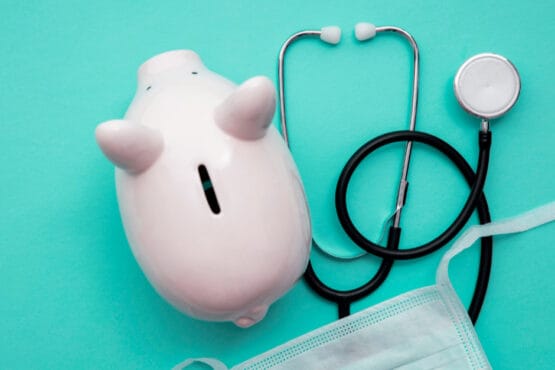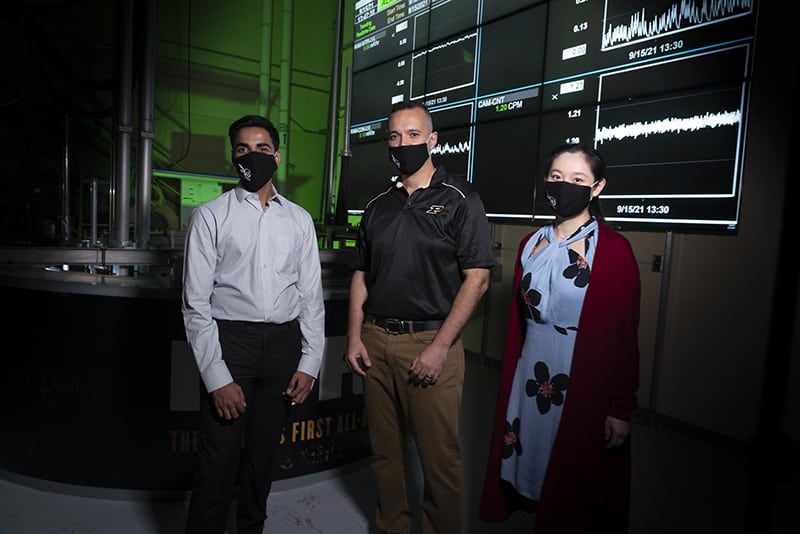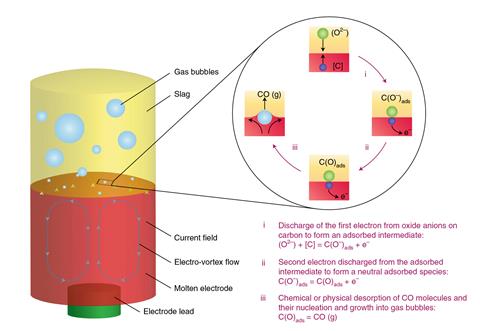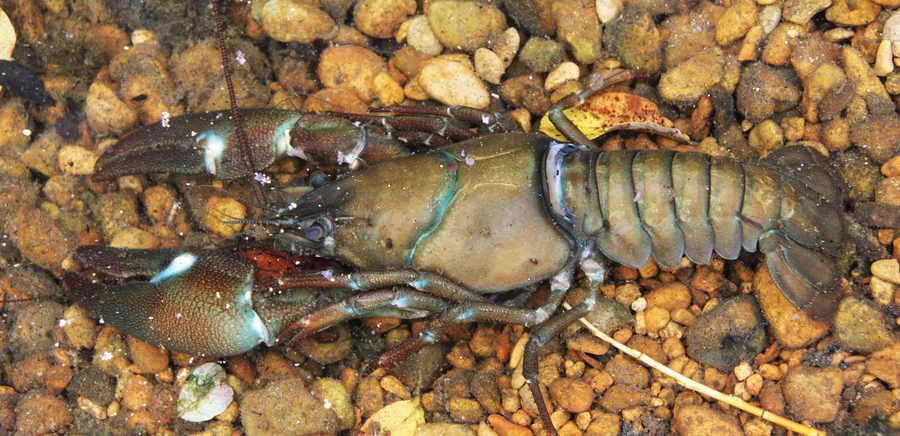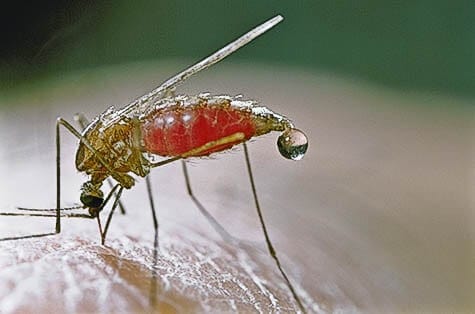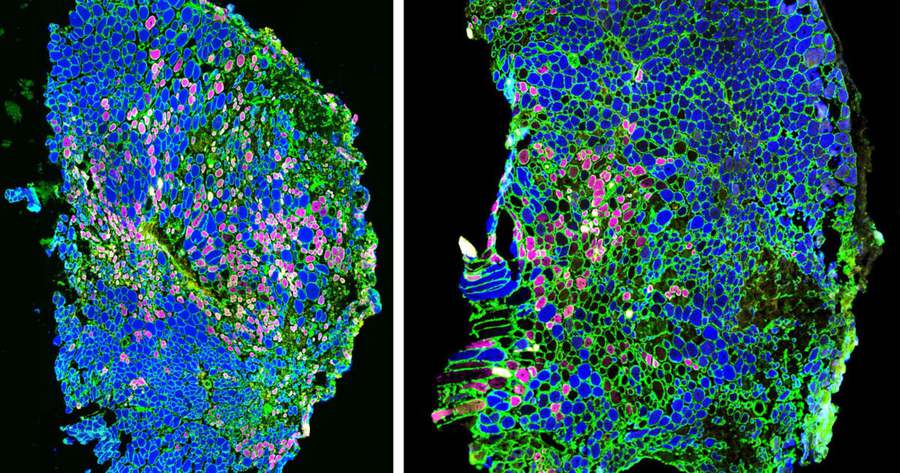Earlier this summer, Stanford economist Neale Mahoney sounded an alarm with a study he coauthored: Americans have at least $140 billion in unpaid health care bills sitting in collection agencies – making the country’s medical debt crisis far bigger than anyone had realized. Now, in plumbing the repercussions, his latest research finds evidence suggesting that people saddled with unpaid […]
Read More